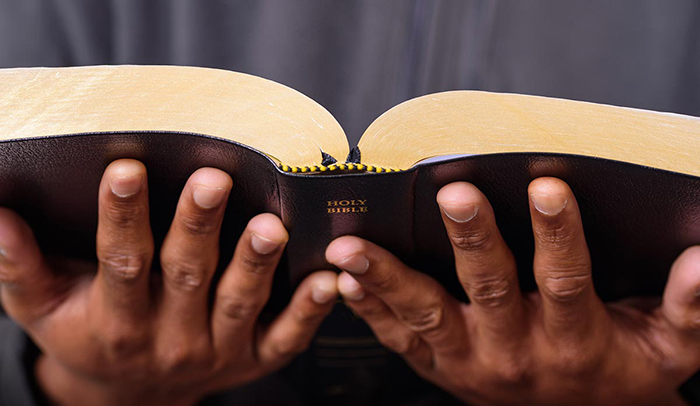Fr Jijo Kandamkulathy CMF
Claretian Publications, Macau
13 June 2021 – 11th Sunday in Ordinary Time -Year B
Mark 4:26-34
Today’s gospel presents three parables of the Kingdom of God. Parables are used when a certain reality is not immediately perceivable to us. The Kingdom of God is one such. We are so immersed in this reality that we have lost the bird’s eye view of it. It is like a little fish in the ocean asking the mother, where is the ocean? The mother replies: “the place you are swimming in, is the ocean.” The baby fish said, “no, this is just water.” The baby fish does not have alternative perspectives and fails to comprehend the ocean. Alternative perspectives on reality is inevitable to perceive the Kingdom of God.
The Kingdom of God is a reality in this life, not an afterlife phenomenon. It comprises the Church and those who believe in the word of God. Each of the three parables on the Kingdom unveils a unique facet of the Kingdom.
The first one is about a farmer who scatters seeds lavishly in his field. Then he rests. The seed is the word of God. It grows with its own inner propensity. Growth in the Kingdom of God refers to growth in the number people who live by the gospel values. I remember one of my follies in childhood. After a day of doing some garden planting, I used to pull them out to see if they had new roots. It took some time for my dad to convince me that if I disturbed the plant every day, it would not get roots, but die. The one who witnesses the word of God needs to wait patiently for it to grow and bear fruit in people. This transformation requires people to change a familiar value system and learn a new one that the Word of God proposes. Sometimes, it takes generations. Learn patience. The one who tries to hasten the growth of the Kingdom believes in one’s own capacity rather than that of the Word of God.
The second parable is of the yeast and the dough. A woman places a small amount of yeast in the dough. It expands itself by contact and fills the whole dough. It refers to the transforming capacity of a disciple by presence. The disciples are not many. But, they can transform a whole community by the witness of life. Jesus did this himself. He had over 5000 followers. But he chose to get a small group of people who personally experienced divine love from him. They, in turn, gave out divine love to those who were in touch with them. As the believers grew, societies of many nations and centuries carried on the transformation. The Kingdom of God consists of people who have experienced and believe in this transformative power of the word of God.
The third parable is of a mustard seed. It talks about the propensity of the small seed to grow so much as to shelter birds on them. It depicts how one person living by the gospel values can make the Kingdom spread astonishingly and give protection for those who are seeking shelter (birds nesting). I am familiar with a Banyan tree that is spread around 16,187 square meters of land. It has about 3000 aerial roots. These aerial roots make the tree healthier and capable of withstanding any storm. We are branches of the Kingdom Tree that send their own roots down into the nourishing ground of the word of God and stabilize the growth of the Kingdom by witnessing to the gospel values.


 Follow
Follow


